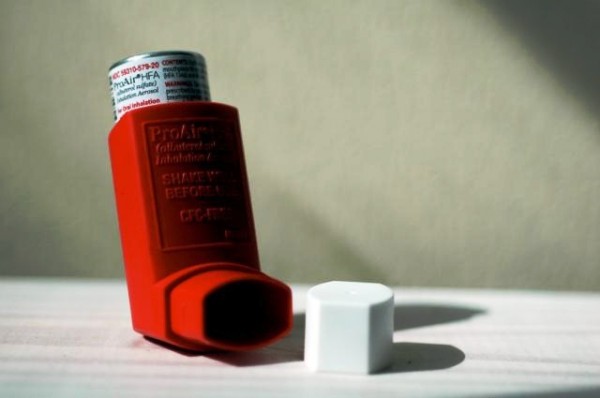Asthma Drugs are Bad for Body Growth in Children: Study

Corticosteroids stunt growth in young asthma patients, finds a new research.
Asthma controlling drugs and inhalers contain steroids to prevent inflammatory reactions, swelling and mucous production in the airways. Two recent studies found these medications no doubt alleviate asthma symptoms but also negatively affect body growth and development in pediatric patients.
Children who were given corticosteroid inhalers had slower growth and were half a centimeter shorter than others who did not take the medications. However, the experts also noted asthma drugs impact growth rate only during the first year of treatment and their effects can be minimized by reducing dosage levels, reports the Guardian.
"Growth should be carefully documented in all children treated with inhaled corticosteroids, as well in all future trials testing them in children," said Francine Ducharme, study author and researcher at the University of Montreal, reports Reuters.
The research team from the University of Montreal and the Federal University of Rio Grande in Brazil looked at the data from past 25 clinical trials of 8,400 children aged below 18 with moderate to severe asthma. They observed the average growth of subjects who did not take asthma drugs was six to nine centimeters a year. The growth rate fells by half a centimeter for those who used common corticosteroid inhalers.
In the second study, the team examined 22 related studies on patients who were prescribed low dosage or 50 to 100 micrograms of corticosteroids and over 200 micrograms of asthma medicine. Their analysis revealed high dosage of corticosteroids reduced overall body growth by 20 millimeters within a year than those who were on low dosage medication.
"These studies confirm what many have suspected, that inhaled steroids can suppress growth in children," said Jon Ayres, a professor of environmental and respiratory medicine at Britain's Birmingham University, reports Reuters.
"However, the effect seems small and non-cumulative and many may consider this a risk worth taking compared to the alternative, which is poorly controlled and therefore potentially life threatening asthma," he adds.
More information is available online in the journal of The Cochrane Library.
Jul 17, 2014 06:24 AM EDT




